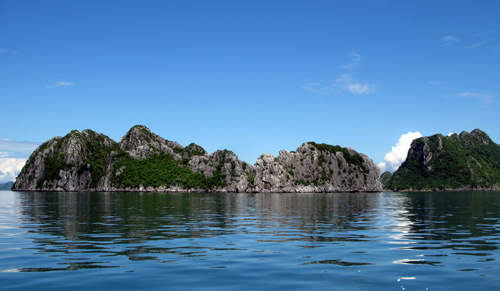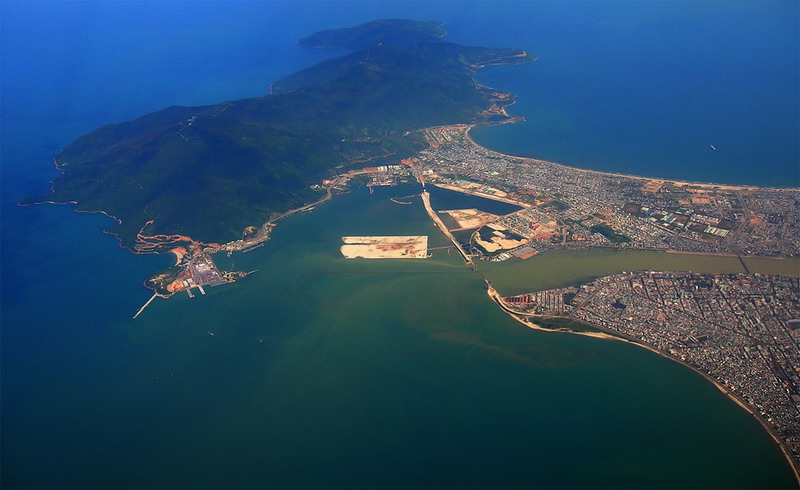The bay covers a total area of 15,783 hectares, including 6,125 hectares of land, and is home to 1,090 species of fauna and flora. The park is considered a priceless national treasure according to Vietnam travel guide.
According to Dr. Bui Tat Thang from the Strategic Development Institute of the Ministry of Planning and Investment, Bai Tu Long includes all three fundamental ecosystems: forest, wetlands and sea – a diverse area for different species to live and develop.
According to Dr. Bui Tat Thang from the Strategic Development Institute of the Ministry of Planning and Investment, Bai Tu Long includes all three fundamental ecosystems: forest, wetlands and sea – a diverse area for different species to live and develop.
In the park, 102 rare and precious species, including 72 species of fauna and 30 varieties of flora listed in Vietnam’s red book of endangered species can be found.
The park also has 1,000 hectares of wetlands, which includes mangrove forest, sandy and rocky tidal banks and seaweed that provide food and shelter for animals.
The wetlands ecosystem, with its impressive scenery and biodiversity, has attracted many eco-tourism, environmental education and research activities.

The area of coral accounts for only a minor section of the park, but has an important role to play as an aquatic resource. It has high biological productivity and is a gene bank for many types of sea species.
Besides the extremely diverse biological environment, the park also has archeological value, with evidence of ancient Viet people residing here 14,000 years ago.
Operational since April, 2002, Bai Tu Long National Park is a stunning tourism spot with a rich ecosystem, therefore it should receive sustainable protection, conservation and development.
 Fishermen hurriedly transfer seafood ashore
Fishermen hurriedly transfer seafood ashore








